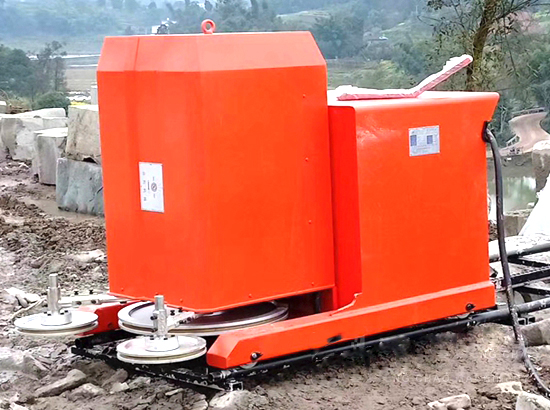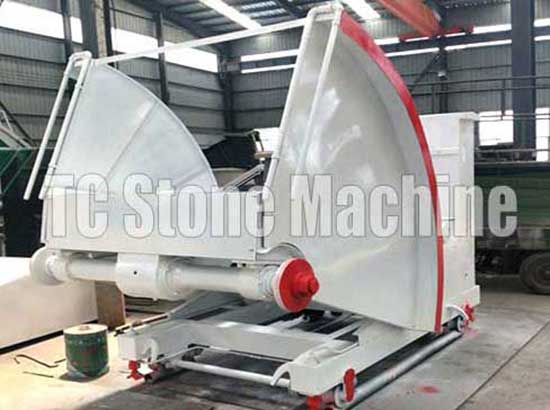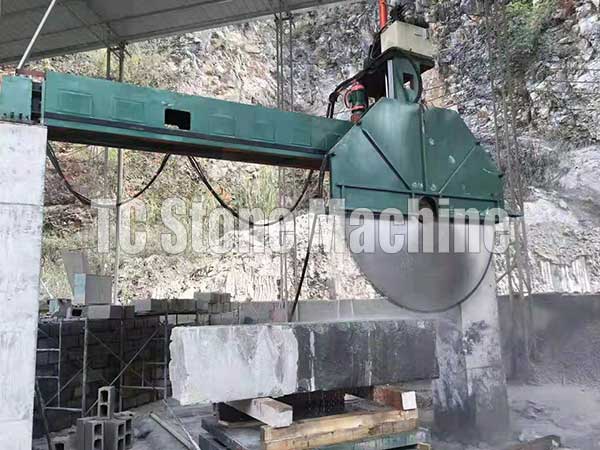Using A Wet Saw
Using A Wet Saw
A wet saw is an essential tool for cutting tiles, bricks, and stones accurately. It operates by spraying water onto a blade to reduce friction and enhance precision. However, before using a wet saw, there are some steps that you must observe to ensure safety and efficiency.Preparing the Workspace
 The first step before cutting with a wet saw is to prepare your work area. Ensure that there is enough space to move around and that the surface is flat and level. Additionally, if you are working indoors, place the wet saw away from electrical outlets and ensure that there is proper ventilation.
The first step before cutting with a wet saw is to prepare your work area. Ensure that there is enough space to move around and that the surface is flat and level. Additionally, if you are working indoors, place the wet saw away from electrical outlets and ensure that there is proper ventilation.

Filling Up the Reservoir
After setting up your workspace, the next step is to fill the wet saw's reservoir with water. The water level should be above the blade's depth to ensure that it remains cool while in use. Additionally, check the water level regularly and refill it as required to maintain the blade's temperature.Selecting the Blade
 Different blades are suitable for cutting particular materials. Therefore, it is essential to select the appropriate blade for your project. For instance, a diamond-tipped blade is ideal for cutting through hard materials like stone and ceramic tiles. On the other hand, a standard blade is suitable for softer materials like brick and glass.
Different blades are suitable for cutting particular materials. Therefore, it is essential to select the appropriate blade for your project. For instance, a diamond-tipped blade is ideal for cutting through hard materials like stone and ceramic tiles. On the other hand, a standard blade is suitable for softer materials like brick and glass.
Adjusting the Blade Depth
Before making any cuts, adjust the blade depth to match the thickness of your material. Ensure that the blade height aligns with the highest part of your material to achieve the desired cut. Setting the right blade depth ensures maximum accuracy and prevents possible accidents.Wearing Protective Gear
Using a wet saw generates dust and debris that can be hazardous to your health. Therefore, it is crucial to wear protective gear to prevent any accidents. Personal protective equipment such as goggles, earplugs or headphone, gloves, and masks will ensure maximum safety and efficiency during the cutting process.Making the Cut
 After taking all the safety precautions, it is time to make the cut. Place the material onto the wet saw's table and secure it tightly in place. Turn on the saw and gently push the material toward the blade, applying steady pressure. Avoid forcing the material towards the blade as it can cause damage to the blade or the surface.
After taking all the safety precautions, it is time to make the cut. Place the material onto the wet saw's table and secure it tightly in place. Turn on the saw and gently push the material toward the blade, applying steady pressure. Avoid forcing the material towards the blade as it can cause damage to the blade or the surface.
Cleaning Up the Workspace
After completing the cutting process, clean up the work area. Turn off the saw and empty out the reservoir to prevent water damage. Additionally, clean your work area by removing any debris, dust or particles generated during the cutting process. In conclusion, using a wet saw is a simple procedure that requires safety precautions, proper blade selection, and material positioning. A wet saw makes cutting tiles, bricks, and stones effortless, providing accurate and precise results. By following these steps, you can achieve the desired results while ensuring maximum safety and efficiency.Request for Quotation
[contact-form-7 id="59" title="Contact form 1"]




